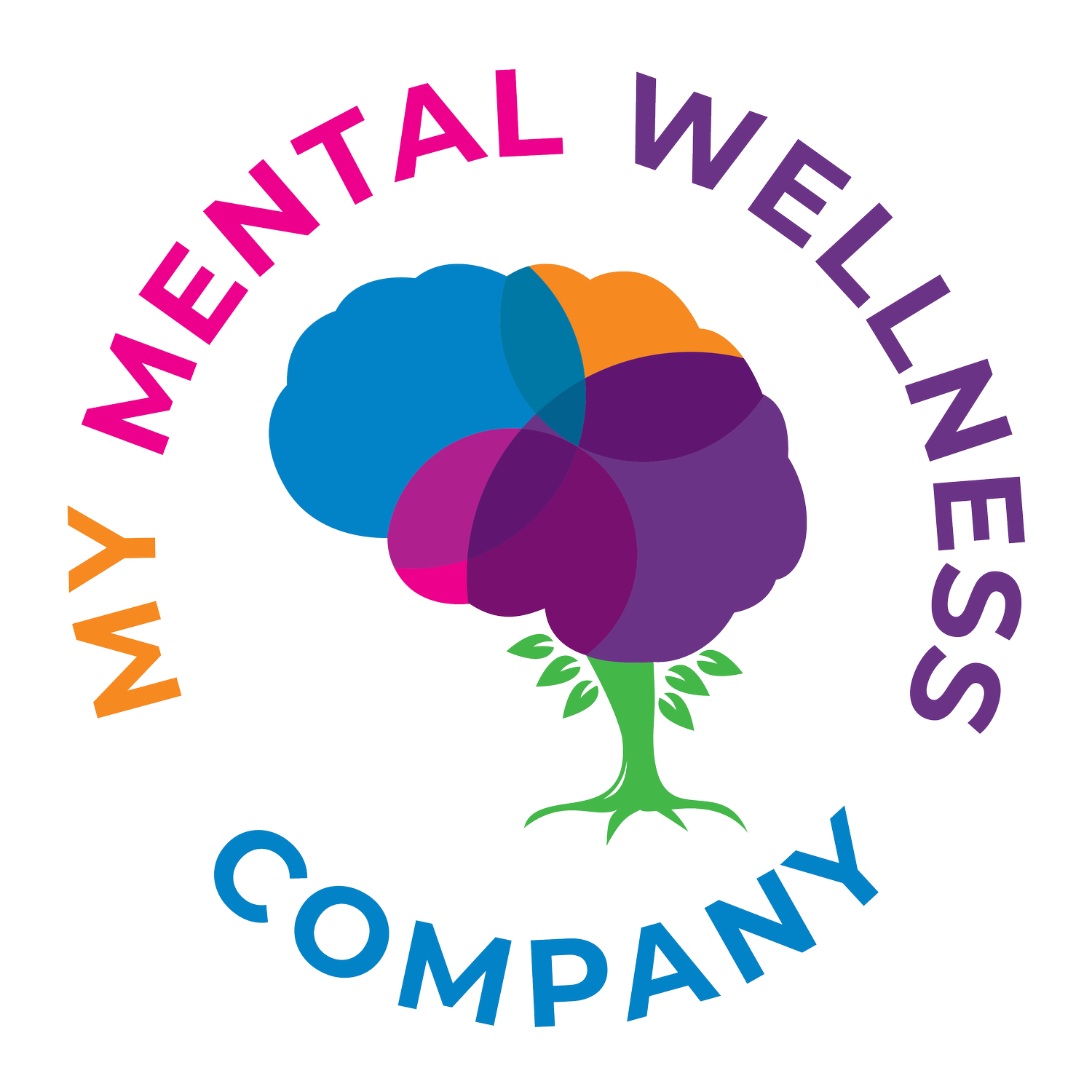How a Practice Consultant Can Save You Time (and Sanity)
By Jenn Bovee, LCSW, CRADC, CCTP II, CCHt
EMDRIA Certified Therapist & EMDRIA Approved Consultant
Running a practice feels like juggling flaming torches while riding a unicycle some days. Between patient care, staff management, billing headaches, and keeping up with regulations, it's no wonder so many practitioners feel overwhelmed. If you've ever found yourself staying late just to catch up on paperwork or lying awake wondering how to fix that recurring scheduling nightmare, you're not alone.
Here's the thing, though, you don't have to figure it all out by yourself. A practice consultant can be the difference between drowning in daily chaos and actually enjoying what you do again.
Think of a practice consultant as your business's personal trainer, but instead of getting you in physical shape, they're whipping your operations into form. They come in with fresh eyes and see the bottlenecks you've grown blind to. Maybe your appointment scheduling system is creating more problems than it solves, or your billing process has more holes than Swiss cheese.
A good consultant doesn't just point out problems; they roll up their sleeves and help you fix them. They've seen what works in hundreds of other practices and can adapt those solutions to fit your specific situation.
Let's talk specifics. Sarah, a family physician I know, was spending three hours every evening on administrative tasks. Three hours she could have been with her family or, honestly, just relaxing. Her consultant identified that her patient intake process was the culprit; forms were being filled out twice, insurance verification was happening at the wrong time, and staff were constantly interrupting her with questions that could have been handled differently.
Within two months of implementing the consultant's recommendations, Sarah cut that evening work down to 30 minutes. That's 2.5 hours of her life back, every single day.
Or take Mike's therapy practice. His schedule looked like a game of Tetris gone wrong: constant gaps, overbooked mornings, and frustrated patients. His consultant redesigned the entire scheduling system around the reality of how long procedures actually take (not how long the software said they should take). Patient satisfaction scores went up, staff stress went down, and Mike stopped having that Sunday night dread about Monday's schedule.
Here's what nobody talks about enough: the mental load of running a practice can be crushing. You're supposed to be a healthcare expert, a business owner, an HR manager, a financial planner, and a customer service representative all at once. That's not sustainable.
A practice consultant takes some of that weight off your shoulders. They handle the business optimization stuff so you can focus on what you actually trained for: taking care of patients. When your systems are running smoothly, you're not constantly putting out fires. You can breathe again.
I've watched practitioners go from dreading Mondays to actually looking forward to work. That's not hyperbole: that's what happens when the daily friction disappears.
Sure, consultants help with scheduling and billing, but the good ones dig deeper. They'll look at your staff workflows and find ways to eliminate those frustrating communication breakdowns. They'll analyze your patient flow and figure out why people are waiting too long in the lobby. They'll even help you understand which services are actually profitable and which ones are just keeping you busy.
One Group Practice Owner told me his consultant helped him realize he was losing money on certain codes because of hidden inefficiencies. After restructuring those processes, his practice became 30% more profitable without seeing a single additional patient.
I get it, hiring a consultant feels like another expense when you're already watching every penny. But think about it differently. What's it costing you to NOT have efficient systems? How much is that chronic stress worth? What about the time you're losing with family or the sleep you're missing because your mind won't stop racing about practice problems?
Most consultants pay for themselves pretty quickly through the efficiencies they create. And the sanity benefit? That's priceless.
Not all consultants are created equal. You want someone who understands your specific type of practice and has a track record of actually solving problems, not just creating fancy reports that sit in a drawer somewhere. Look for someone who listens more than they talk and asks detailed questions about your daily frustrations.
The best consultants become temporary team members who genuinely care about your success, not vendors trying to sell you the latest software or system you don't actually need.
Here's the bottom line: running a practice doesn't have to feel like an uphill battle every single day. With the right systems and processes in place, you can get back to why you became a healthcare provider in the first place: helping people feel better.
A good practice consultant doesn't just save you time and stress; they give you back your passion for the work. And honestly, that might be the most valuable thing of all.
To learn more about our Clinician Business Growth Consulting offer, click the button below…
